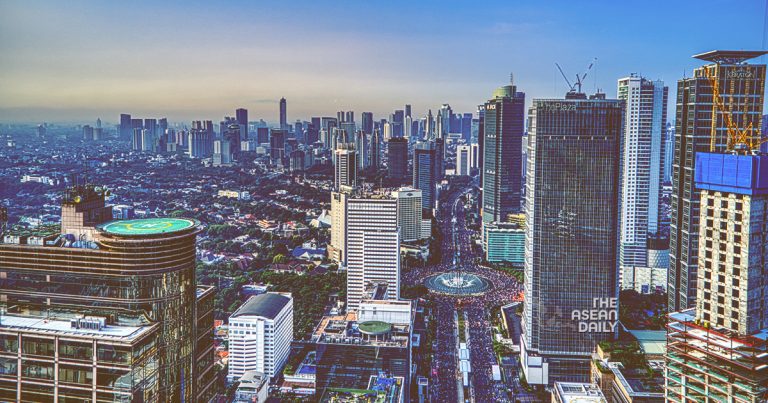24-6-2024 (JAKARTA) Indonesia’s economic prospects appear promising over the next two years, with steady growth projected on the back of robust domestic consumption and investment, despite facing headwinds from weak exports, according to a recent World Bank report. The report, titled “Indonesia Economic Prospects,” offers an optimistic outlook for Southeast Asia’s largest economy, driven by the resilience of household spending and election-related expenditure.
In the first quarter of 2024, Indonesia’s economy expanded by an impressive 5.11%, bolstered by household consumption, a traditionally strong contributor to the nation’s GDP, and spending related to the recent elections. Building on this momentum, the World Bank forecasts Indonesia’s economy to grow by 5% overall in 2024, followed by 5.1% growth in both 2025 and 2026.
The latest projections mark an upward revision from the Bank’s previous estimates of 4.9% growth for 2024 and 2025, and 5% for 2026, reflecting the economy’s resilience and the government’s efforts to stimulate domestic demand.
“The economy is expected to benefit from a pick-up in public consumption and investment but will face headwinds, notably from worsening terms of trade,” the report stated, acknowledging the challenges posed by external factors such as declining export prices.
Wael Mansour, a senior economist at the World Bank, emphasized the stable outlook but cautioned that risks are tilted to the downside. “Our baseline (projection) assumes continuity in policy, especially those linked to boosting investment,” he said during a news conference.
The report highlighted several potential risks to the economy, including high interest rates and geopolitical shocks, which could further weigh on exports already impacted by lower commodity prices.
Mansour highlighted the significant contribution expected from public consumption, as the government plans to increase spending, while foreign direct investment as a share of GDP is projected to return to pre-pandemic levels. He also praised Indonesia’s “credible” fiscal rule, which has helped attract investments and lower the country’s risk premiums.
However, the incoming administration under president-elect Prabowo Subianto, who will take office in October, has reportedly expressed intentions to increase the country’s debt-to-GDP ratio to 50% from its current level of less than 40%. This move is aimed at funding campaign promises, including free school meals, although a member of Prabowo’s campaign team has denied such plans.
The government’s 2025 budget, expected by October, will provide insights into the new administration’s economic goals and signal its fiscal policy stance, potentially shaping the trajectory of Indonesia’s economic growth in the coming years.




